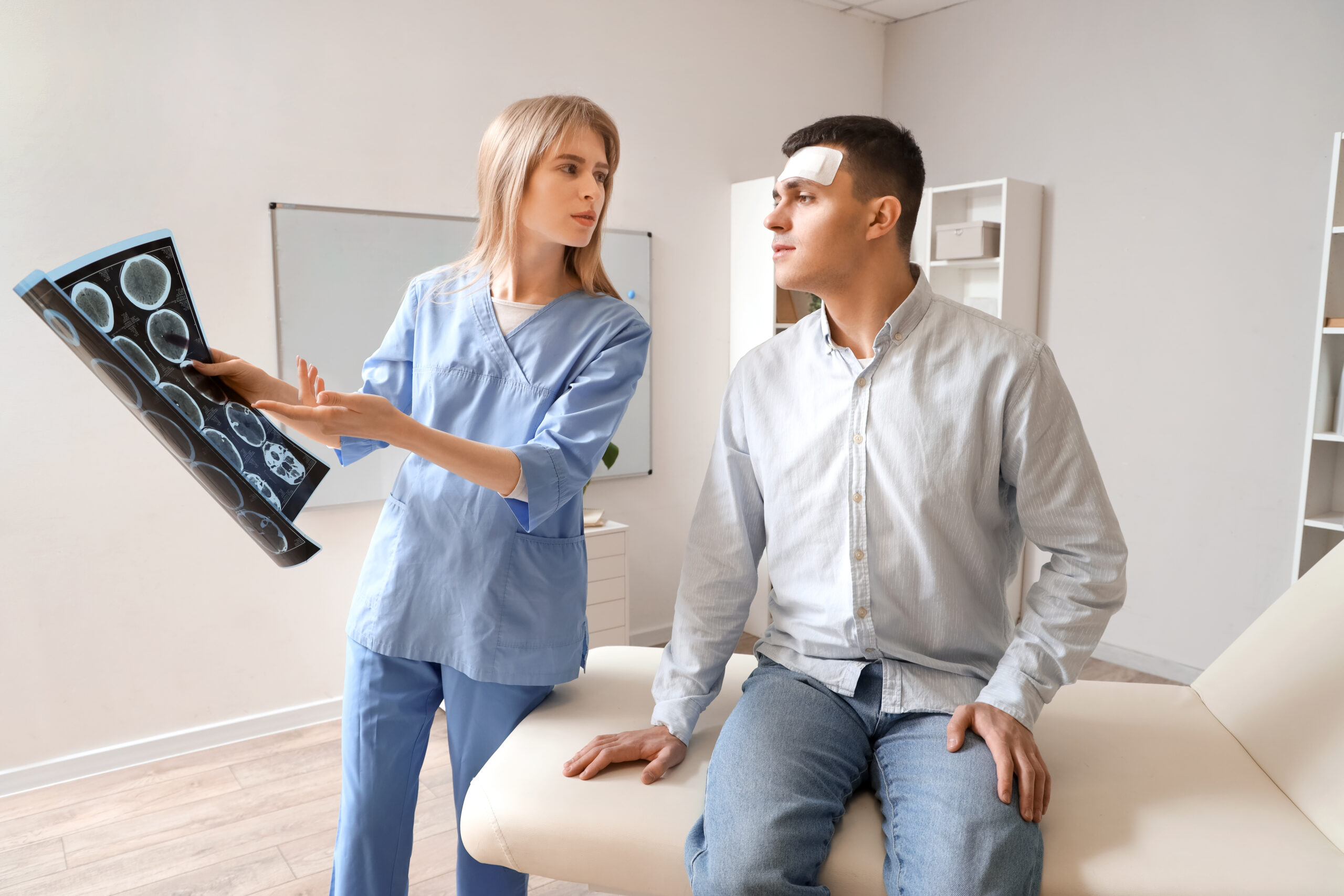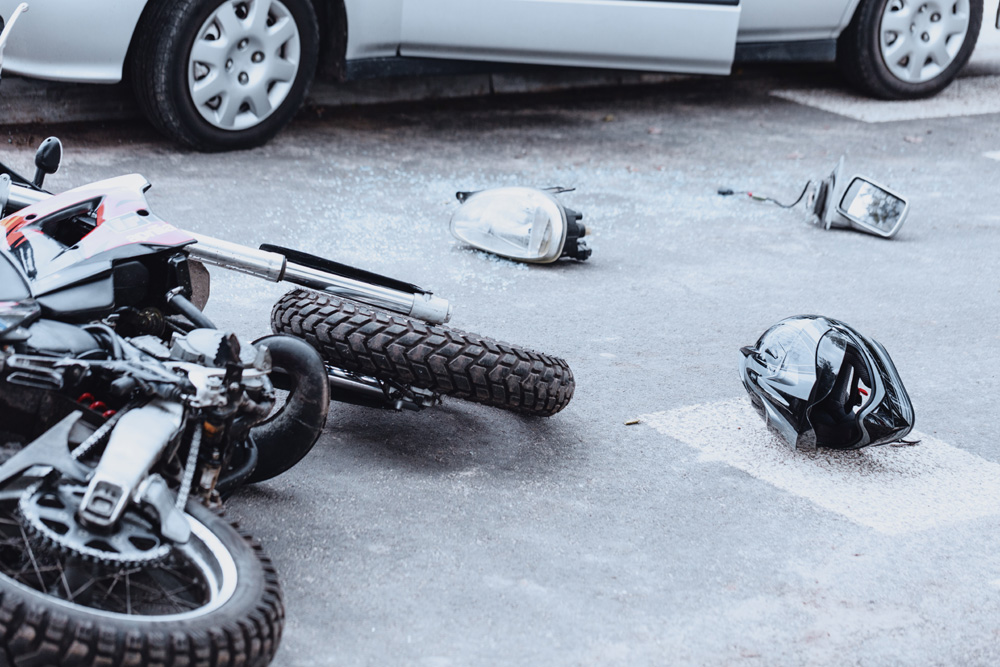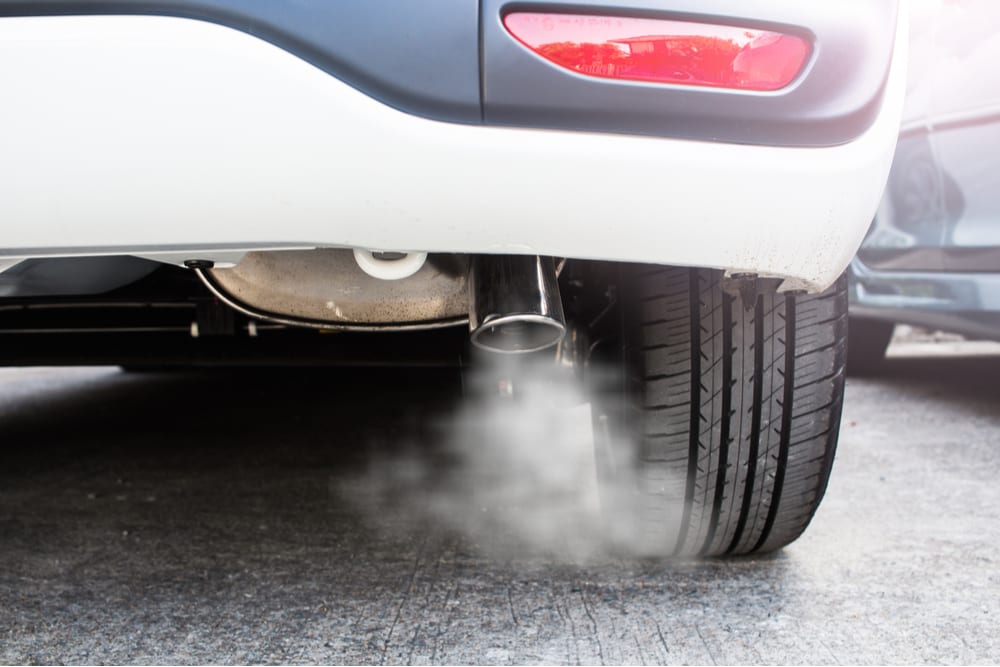Riding throughout Florida can be an awesome experience. We have beautiful rides, great weather (most of the time), and no shortage of wide open roads to explore. But unfortunately, we also lead the nation in motorcycle fatalities.
It is important to stay safe while on your bike. This is especially true for seniors who ride motorcycles. An accident that might be a small fender-bender for younger riders can be a major deal for someone slightly older.
As motorcycle accident attorneys, we know a thing or two about how to stay safe while riding. Find our guide to senior motorcycle safety below.
Choose the Right Bike
This is the most important piece of advice we can give. Make sure to choose the right motorcycle. Now this does not mean simply picking between a Harley-Davidson or a Kawasaki. This means choosing the right bike for your body and skill set.
If you have arthritis or other joint issues, you may want to choose a bike that is lightweight, handles easily, and is easy on your knees. If you are taller, you will likely want what is known as an “adventure bike.” These are bikes that give plenty of ground clearance.
Whichever motorcycle you end up settling on, you should take it out for a test ride first. This will help you feel it out and determine whether it is a good fit for you.
Check Your Bike Out Before Each Ride
Chances are your motorcycle is going to be fine between rides, especially if you take it out often. It never hurts to be sure though. In fact, making sure your bike is operating properly is an important part of normal upkeep and maintenance.
You are going to want to check the tire pressure, check for leaks, test the throttle, check the chain or belt, and test the suspension before hopping on the road. If there are problems with any of these, take your bike to a trusted mechanic. “Better safe than sorry” has never been more applicable.
It’s Important to Wear the Right Gear
Much like picking the right bike, making sure you have the right gear is incredibly important for safety. This is especially true for seniors who may need greater protection than a younger rider. The right gear will protect you from abrasion and injury if you get into an accident. The right gear can also help reduce wind resistance.
So, what type of gear should you wear? We recommend:
- A full-face helmet – 45% of all motorcycle head injuries involve the face area;
- A textile jacket – pick one that covers your arms, chest, ribs, and other upper body areas;
- Riding pants – these offer much more protection than normal pants;
- Boots – you will want to pick up a pair of motorcycle boots. These have reinforced toes, heels, and soles that prevent slipping on moisture, and usually have ankle and shin protection as well.
- Gloves – pick a pair of gloves that have knuckle armor and a wrist retention strap, but are still flexible enough to allow your hands to easily grip the handlebars.
Why You Should Drive Defensively
A good rule of thumb while riding is to assume that no other drivers are aware of you. This is especially true when riding in Florida, as many people do not look before merging and refuse to signal when switching lanes. Driving defensively will help you be proactive about your safety.
Driving defensively can mean many different things. For our purposes, we recommend that you:
- Always look before changing lanes;
- Use caution when overtaking other drivers;
- Maximize your visibility in general;
- Pay attention to the vehicles in front of you;
- Keep your eyes up and looking at the road on turns;
- Ride in a group.
There are many more excellent defensive driving tips. It is a smart idea to adhere to them all. Again, it is always better to be safe than sorry.
If you follow these rules, you will be much more likely to have a safe ride. If you have been in a motorcycle or auto accident, make sure to contact us immediately. The sooner you take action after an accident, the sooner we can help. Marsalisi Law is Where Law Gets Personal. Call us today at 727-800-5052.







